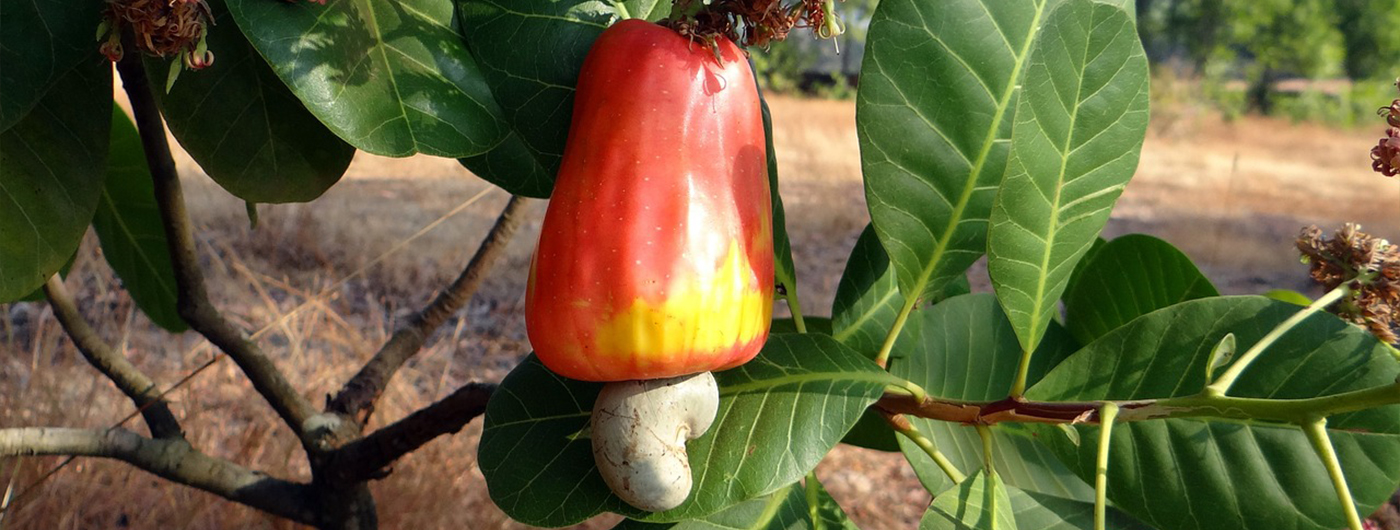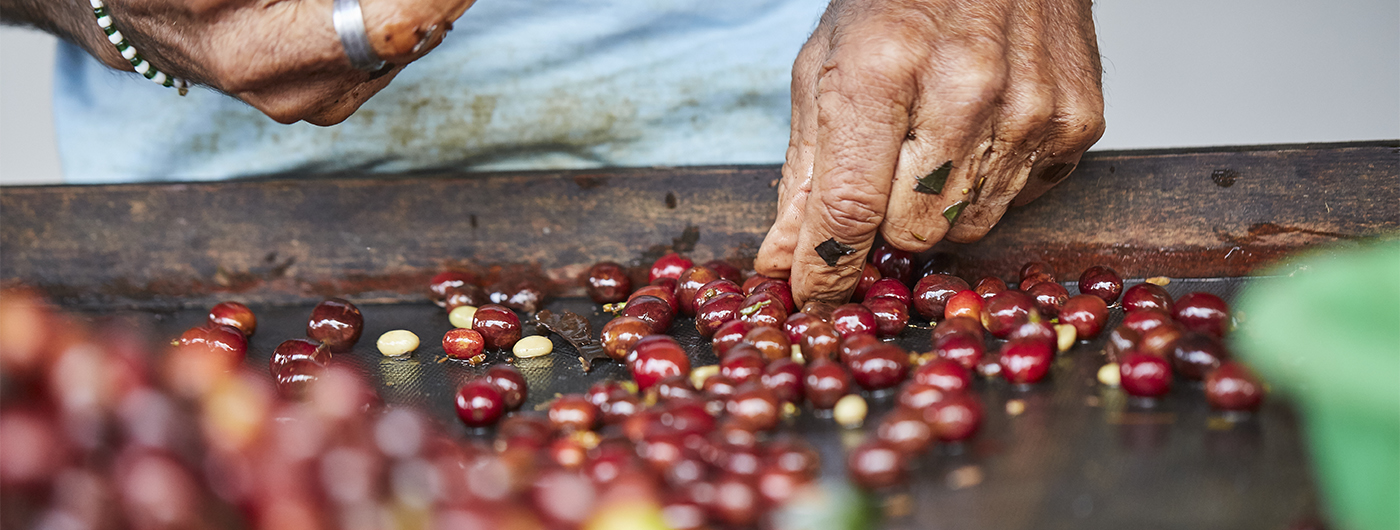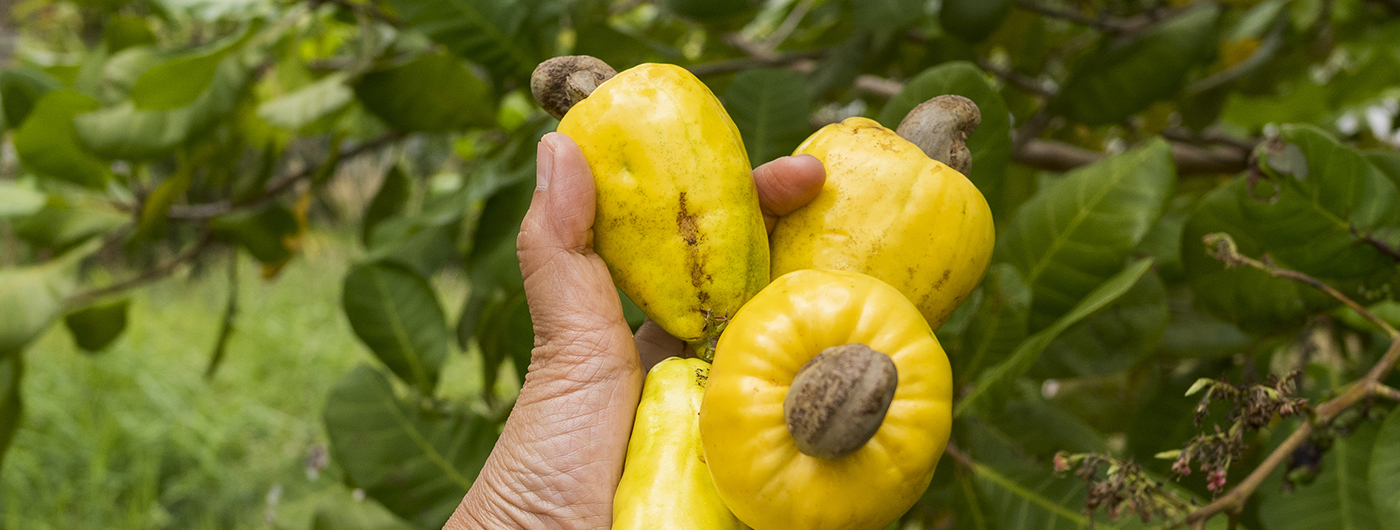

An In-depth Analysis of Son Tung Cashew Company
Within the vibrant province of Binh Phuoc, regarded as Vietnam’s cashew epicenter, Son Tung Limited Company has made its mark. Initiated in 2005, the company has navigated a significant journey in the cashew sector, with a presence in production, processing, and international trade. Notably, Son Tung has diversified its product offering, catering to a varied global audience with cashew kernels, roasted and salted cashews, and raw cashews.
A key characteristic of Son Tung is its attention to quality and innovation, amplified by the efficient implementation of advanced technology. The company uses cutting-edge machinery, professional management methods, and a highly skilled workforce to produce products that align with international standards and consumer expectations. It is worth noting that their competitive edge extends to delivery timelines and price strategies, reflecting a deep understanding of customer needs.
Son Tung operates at an impressive production capacity of 100-150 tons per day, demonstrating an ability to manage large-scale operations while maintaining product quality. This is conducted within an expansive 10-hectare facility consisting of drying yards and warehouses.
The company stands out from competitors due to its commitment to excellence at every operational level. Each department works diligently, contributing to the quality of the final products. Furthermore, inter-departmental meetings cultivate a culture of collaboration and innovation, fueling the professional growth of the company and setting industry standards.
However, opportunities and challenges coexist in the dynamic Vietnamese cashew industry. Some of the potential avenues for growth and obstacles that Son Tung might encounter include:
Opportunities
1. Growing Global Demand: The worldwide cashew market has demonstrated consistent growth over recent years, a trend likely to continue due to a range of factors. These include the increasing recognition of cashews’ nutritional benefits, their versatility as a food ingredient, and the rising popularity of plant-based and vegan diets. For Son Tung, with its established reputation and significant operational capacity, this growth presents an excellent opportunity. To capitalize on it, the company might consider strategies such as increasing production capacity, further diversifying its product range, or expanding its marketing efforts to reach new consumer segments.
2. Sustainable Agriculture: Consumer attitudes towards food production are shifting, with an increased emphasis on sustainability and ethical production methods. This trend is reflected in the growing demand for products that are sustainably farmed, ethically sourced, and environmentally friendly. Son Tung’s existing commitment to sustainable farming practices is a significant advantage in this context. The company could further leverage this by obtaining sustainability certifications, engaging in marketing that highlights its sustainable practices, or introducing new product lines that specifically cater to environmentally conscious consumers.
3. Technological Advancements: The agri-tech revolution is underway, offering numerous opportunities for companies like Son Tung to increase productivity, improve product quality, and reduce environmental impact. These could include adopting precision agriculture technologies to optimize the use of resources such as water and fertilizer, using data analytics to improve supply chain management, or implementing advanced processing technologies to enhance product quality and safety. Furthermore, emerging technologies such as blockchain could offer opportunities for enhanced traceability, potentially allowing Son Tung to prove its sustainability credentials and create more transparency for consumers.
To fully exploit these opportunities, Son Tung will need to continuously monitor market trends, invest in research and development, and be willing to innovate and adapt its business model. If it can successfully do this, the company has every chance of securing a prosperous and sustainable future in the dynamic global cashew industry.
Challenges
1. Climate Change: The cashew industry, like most agricultural sectors, is particularly vulnerable to the impacts of climate change. Changes in temperature, rainfall patterns, and the increased incidence of extreme weather events can all negatively affect cashew production. Furthermore, the prevalence of pests and diseases can increase with changing climate conditions, presenting additional risks to yield and quality. Son Tung will need to invest in climate-resilient farming practices and potentially diversify its sourcing locations to mitigate these risks.
2. Market Fluctuations: The global cashew market is influenced by a range of factors, including global supply-demand dynamics, changes in trade policies, and currency exchange rates. These factors can lead to significant price volatility, creating uncertainty for cashew producers. Navigating these market fluctuations requires sophisticated risk management strategies, including financial instruments such as futures contracts and options, as well as maintaining a flexible and agile business model.
3. Labor and Resource Management: Managing a large workforce and large-scale operations effectively can be a significant challenge. This includes ensuring the welfare of workers, providing adequate training and skill development opportunities, and managing labor costs. Furthermore, the company needs to efficiently manage resources like water and energy to maintain its sustainability commitments. The adoption of technologies such as automation and data analytics could help Son Tung overcome some of these challenges.
4. Resource Constraints: Son Tung’s operations are heavily reliant on the availability of raw cashews. Factors such as climate change, plant diseases, and competition for resources can disrupt cashew production, potentially impacting Son Tung’s supply chain. Building resilient supply chains, diversifying sourcing locations, and investing in cashew research and development could help mitigate these risks.
5. Market Access: Expanding to new markets presents a unique set of challenges, such as understanding local consumer preferences, complying with local regulations and standards, and competing with local and international competitors. Son Tung will need to invest in market research and potentially collaborate with local partners to overcome these barriers.
6. Sustainability Challenges: The implementation of sustainable practices on a large scale can be complex and costly. This may include investing in new technologies, training staff, and obtaining sustainability certifications. However, the long-term benefits of sustainability, including cost savings, improved market access, and enhanced brand reputation, are likely to outweigh these initial costs.
Overall, these challenges require a strategic and proactive response from Son Tung. With careful planning, continuous innovation, and a commitment to sustainability, the company is well-positioned to overcome these challenges and secure a successful future in the global cashew industry.
The cashew market is vast and diverse, with both established companies like Son Tung and emerging entities trying to carve out their own niches. From Son Tung’s experience, we can glean several critical aspects that new businesses need to consider.
Opportunities:
1. Global Demand: The consistent growth in global demand for cashews that has favored Son Tung offers a promising environment for new entrants. With more consumers turning to healthier snack alternatives, new businesses can potentially capitalize on this trend.
2. Sustainable Practices: Son Tung’s commitment to sustainable farming practices is aligned with a shift in consumer behavior towards sustainable, ethically-produced goods. New businesses that incorporate sustainable and ethical practices into their operations can leverage this to gain a competitive edge.
3. Technological Adoption: Son Tung’s effective use of modern technology provides a blueprint for new businesses. Technological advancements can increase productivity, improve product quality, and reduce environmental impact, presenting new opportunities for businesses willing to innovate and invest in technology.
Challenges
1. Dependence on Resources: Son Tung’s experience shows the challenges associated with dependence on cashew nut production. External factors like climate change or plant diseases can disrupt the supply chain. New businesses need to consider these risks and strategize accordingly.
2. Labor-Intensive Industry: Despite advances in technology, the cashew industry is still labor-intensive, especially at the processing stage. New businesses need to plan for managing, training, and retaining a large workforce, ensuring fair labor practices and dealing with potential labor shortages.
3. Market Fluctuations: The international cashew market is subject to price volatility due to global supply-demand dynamics and changes in trade policies. New businesses must devise strategies to navigate these fluctuations and ensure stability.
4. Market Access: Son Tung has experienced limitations in expanding to new markets due to barriers such as stringent import regulations, high tariffs, or local competition. New businesses should be prepared for these challenges when planning their market expansion strategies.
In conclusion, entering the cashew market requires careful planning, a commitment to sustainable practices, strategic use of technology, and an understanding of both the global market dynamics and local market conditions. The experiences and strategies of companies like Son Tung provide valuable insights and lessons for new businesses looking to enter this industry.
Thuan Nguyen – Partnership Director
KAIFarm Team®


